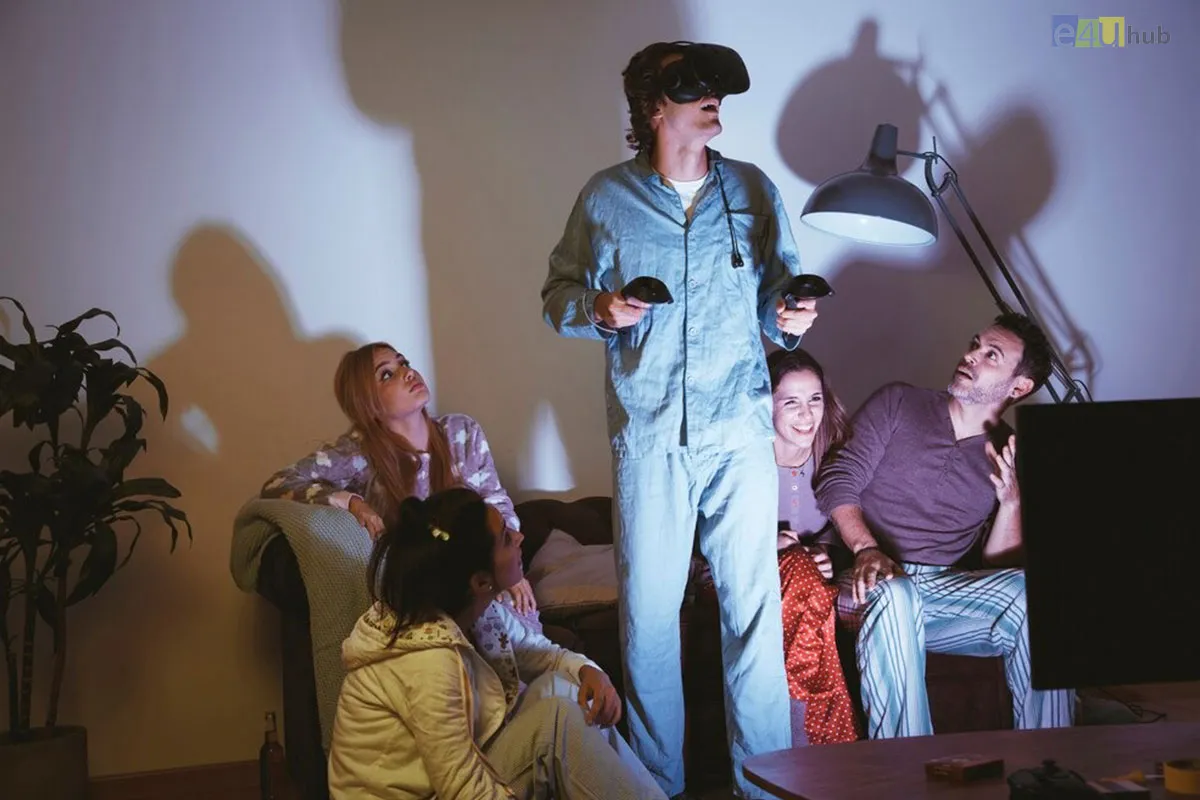
The Evolution Of Entertainment: Past, Present And Future Trends
- 09 Feb, 2024
- Entertainment
- 2241 Views
- 0 Comments
Entertainment has undergone a remarkable evolution over the years, shaped by technological advancements, cultural shifts, and changing consumer preferences. From the earliest forms of storytelling to the digital revolution of the 21st century, the journey of entertainment is a testament to human creativity and innovation. In this blog post, we'll explore the evolution of entertainment, examining past milestones, current trends, and future possibilities.
1. The Past: Traditional Forms of Entertainment
a. From ancient civilizations to the Middle Ages, entertainment primarily revolved around communal activities such as storytelling, music, dance, and theater.
b. The invention of the printing press in the 15th century revolutionized entertainment by making literature more accessible to the masses, leading to the rise of novels, newspapers, and magazines.
c. The Industrial Revolution brought about significant changes in entertainment, with the advent of photography, phonographs, and motion pictures, paving the way for the modern entertainment industry.
2. The Present: Digital Revolution and Convergence
a. The digital revolution of the late 20th century transformed the entertainment landscape, with the rise of the internet, smartphones, and streaming platforms.
b. Today, entertainment is characterized by convergence, as traditional media such as television, film, and music converge with digital platforms and interactive experiences.
c. Streaming services like Netflix, Amazon Prime, and Spotify have disrupted traditional distribution models, offering on-demand access to a vast array of content across multiple devices.
3. Current Trends in Entertainment
a. Content Creation: The democratization of content creation has empowered individuals and creators to produce and distribute content independently through social media, YouTube, podcasts, and blogs.
b. Virtual Reality (VR) and Augmented Reality (AR): VR and AR technologies are transforming entertainment experiences, offering immersive storytelling, gaming, and interactive experiences.
c. Live Streaming: Live streaming platforms like Twitch and YouTube Live have gained popularity, enabling gamers, influencers, and content creators to engage with audiences in real time.
d. Esports: The rise of esports has turned competitive gaming into a global phenomenon, attracting millions of viewers and generating revenue through tournaments, sponsorships, and advertising.
e. Personalization and Recommendation Algorithms: AI-driven recommendation algorithms personalize entertainment experiences, curating content based on user preferences and behavior.
4. Future Trends and Predictions
a. AI and Machine Learning: AI and machine learning technologies will continue to play a significant role in content creation, distribution, and personalization.
b. Virtual Reality: VR is poised to become more mainstream, offering immersive experiences in gaming, education, travel, and social interaction.
c. Interactive Storytelling: Interactive storytelling formats, such as interactive films and video games, will blur the lines between audience and creator, allowing users to shape narratives in real time.
d. Blockchain and NFTs: Blockchain technology and non-fungible tokens (NFTs) have the potential to revolutionize ownership, distribution, and monetization models in the entertainment industry.
Conclusion:
The evolution of entertainment is a testament to human ingenuity and creativity, driven by technological innovation and changing consumer demands. From traditional forms of entertainment to the digital revolution of the 21st century, the entertainment industry continues to evolve, offering new opportunities for creators, audiences, and stakeholders. As we look towards the future, it's clear that the possibilities for entertainment are limitless, with emerging technologies and trends shaping the way we experience and engage with content in unprecedented ways.




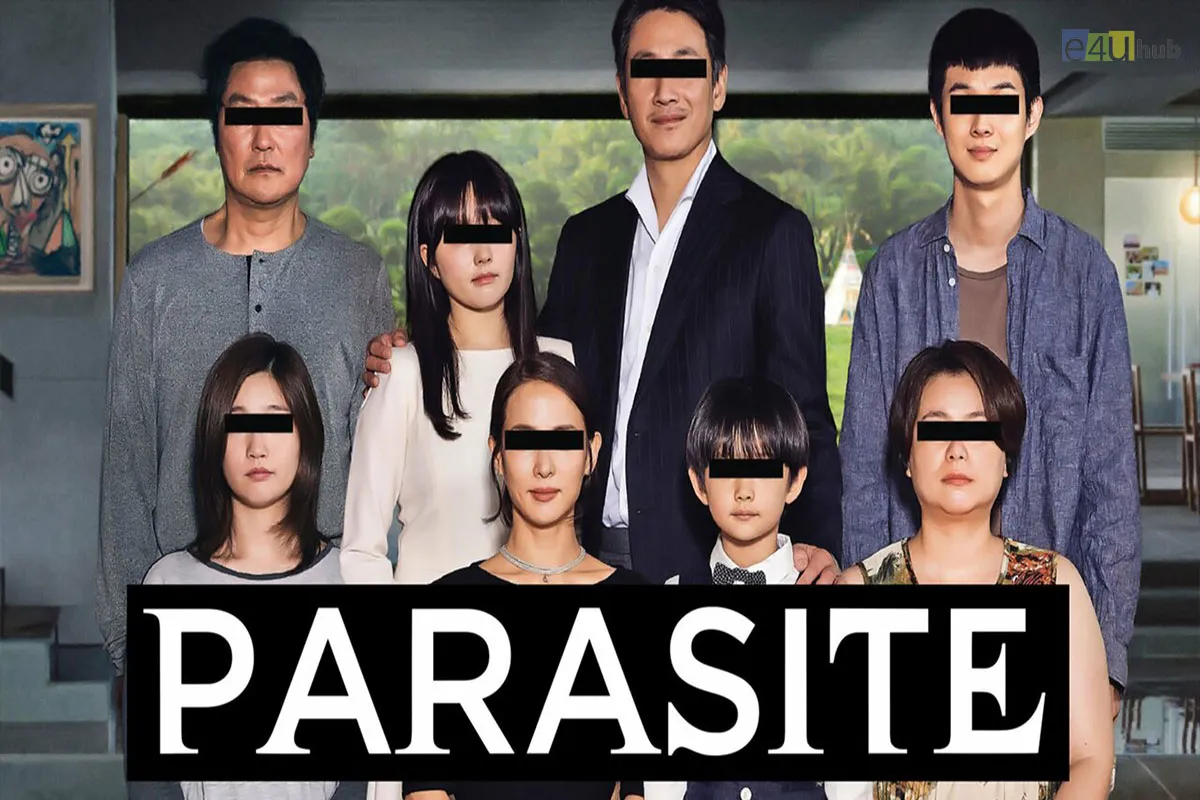
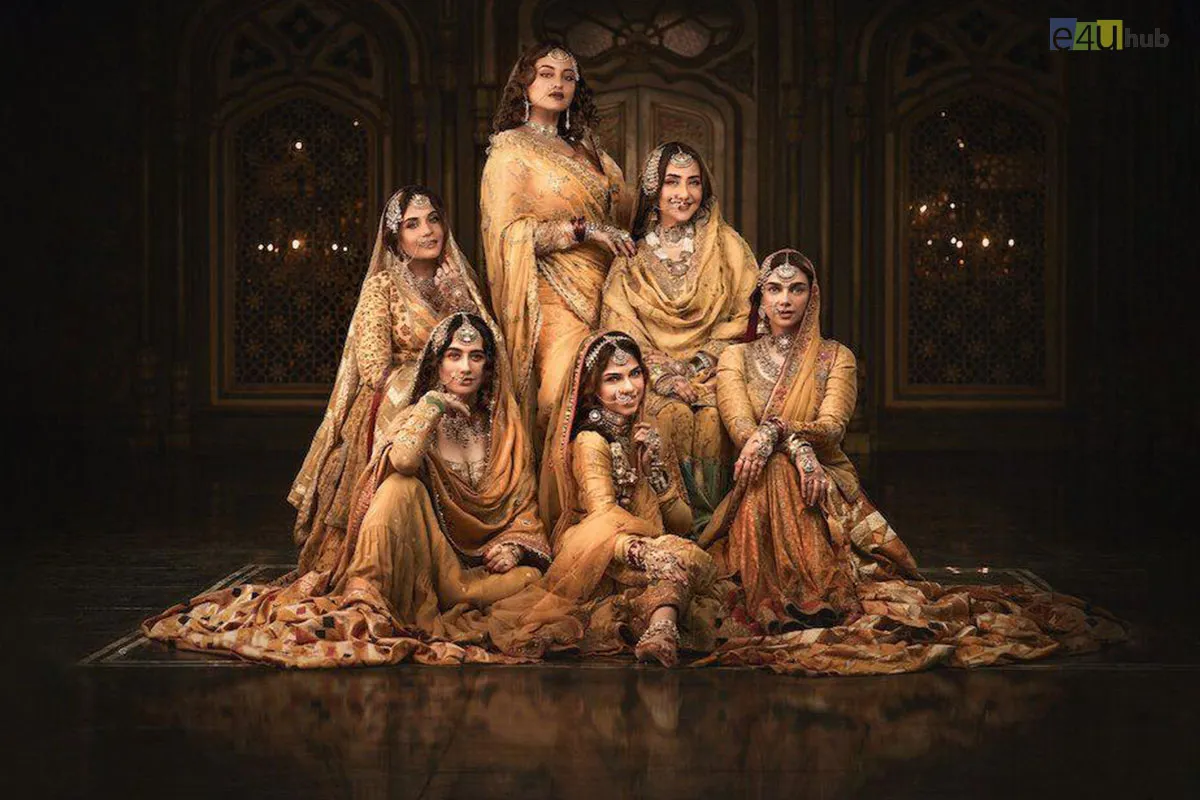
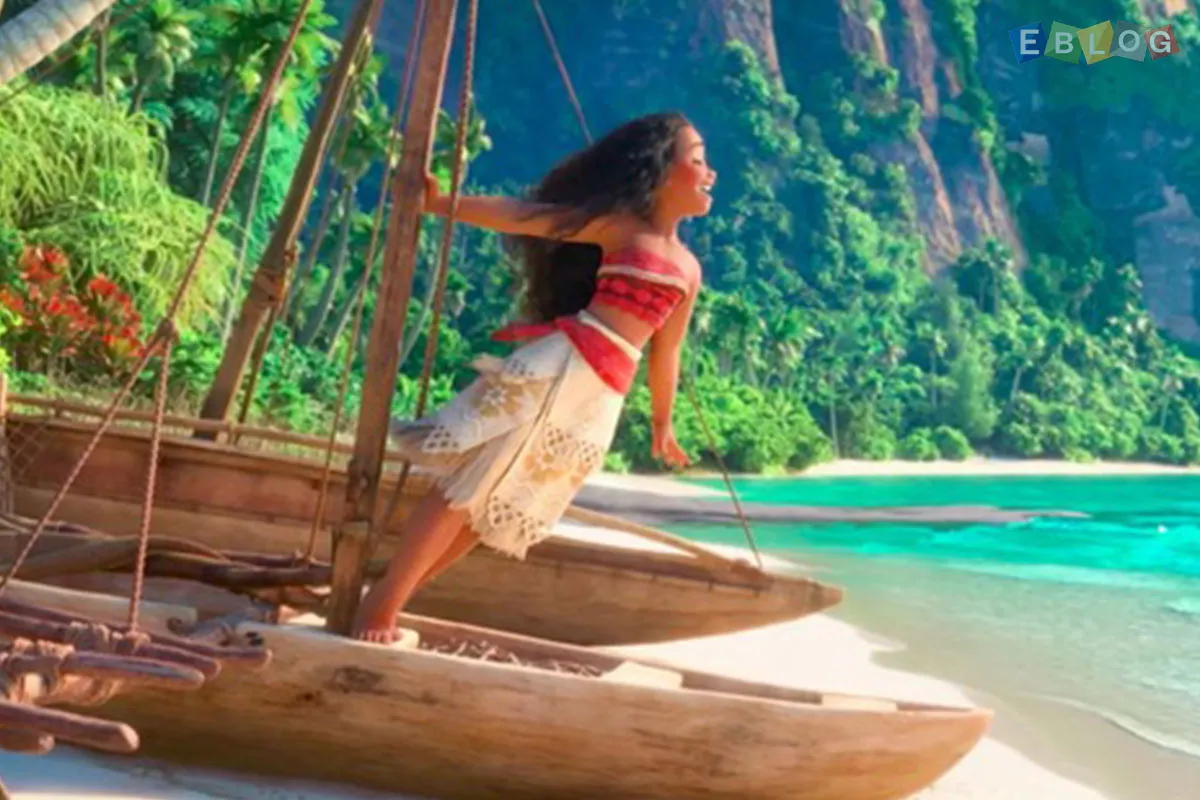
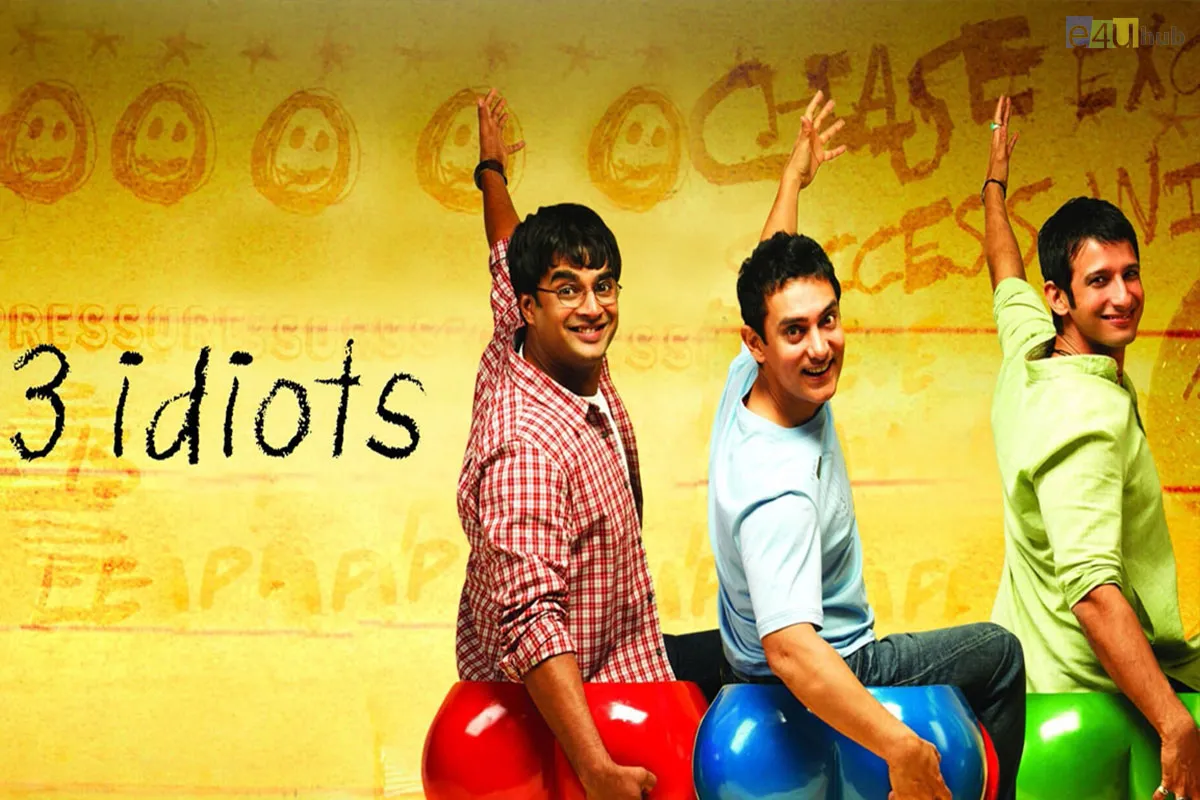

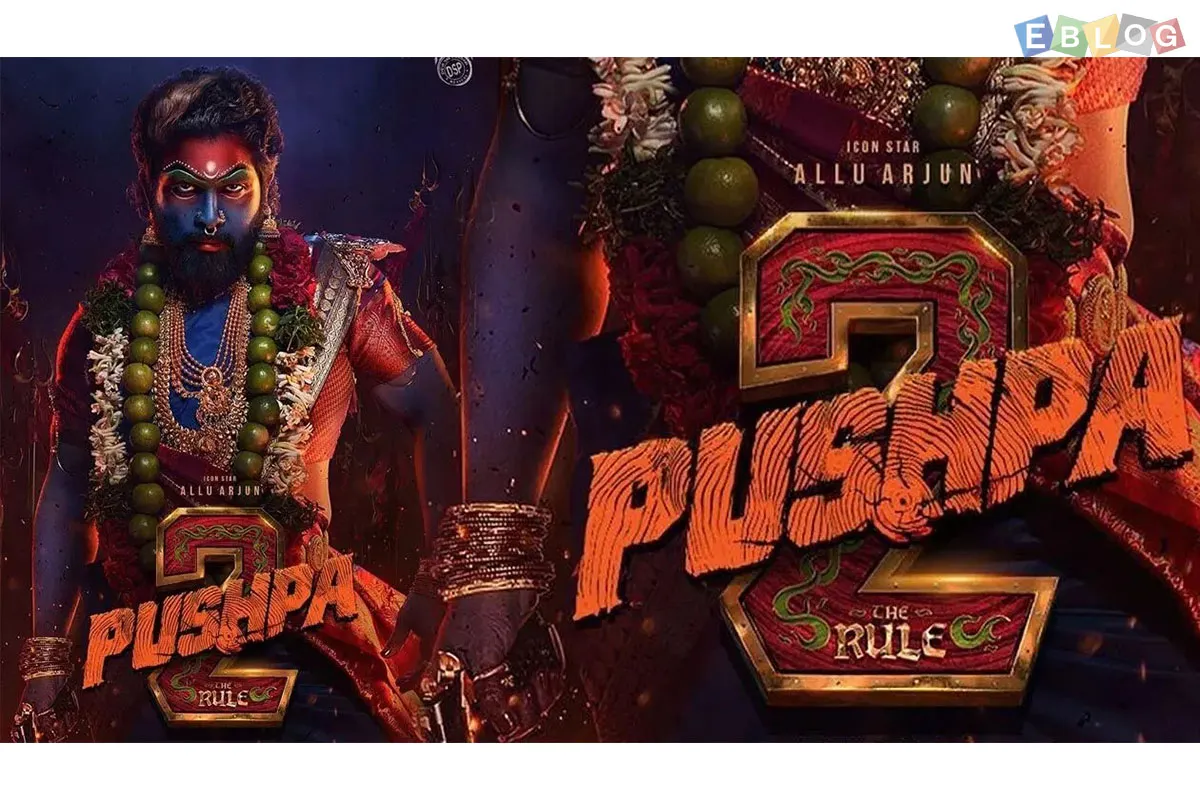


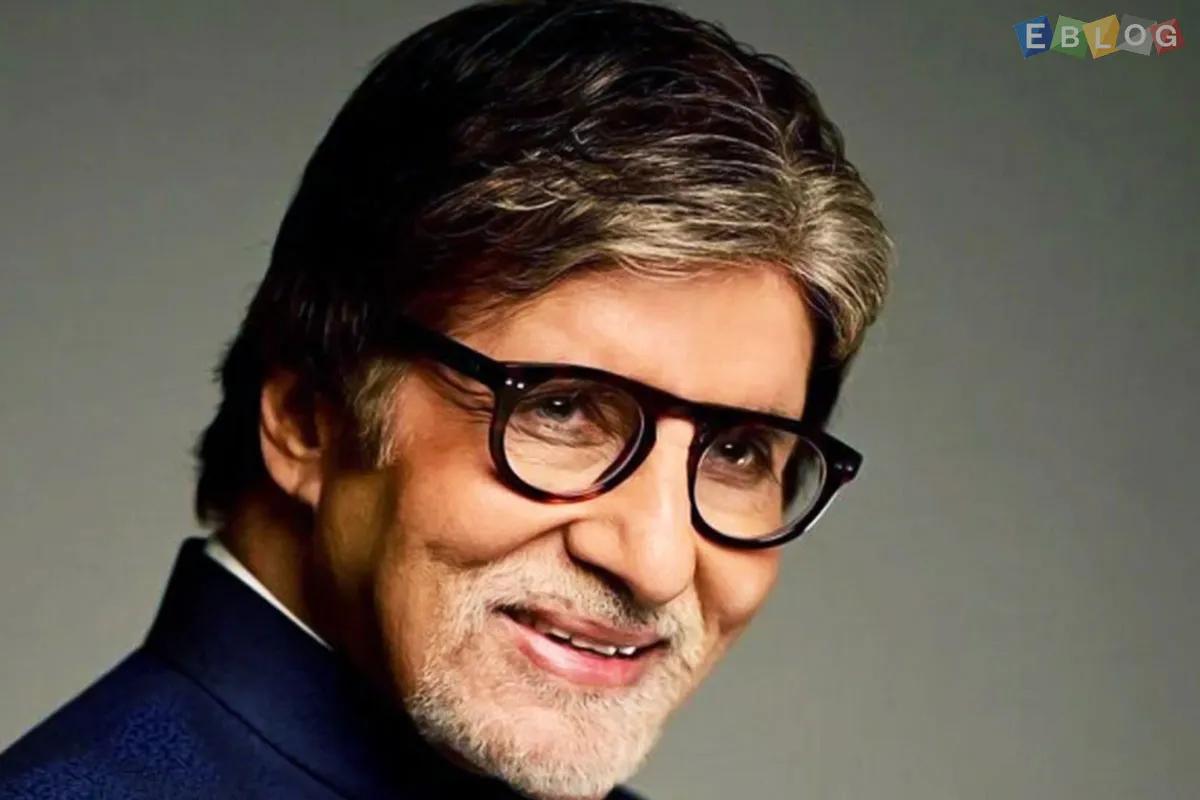


Leave a Reply